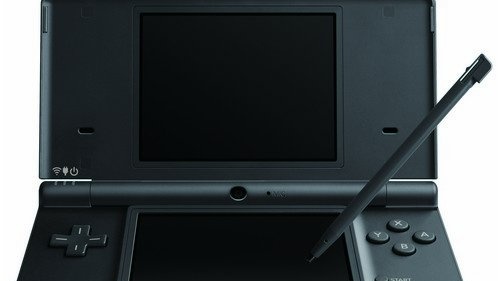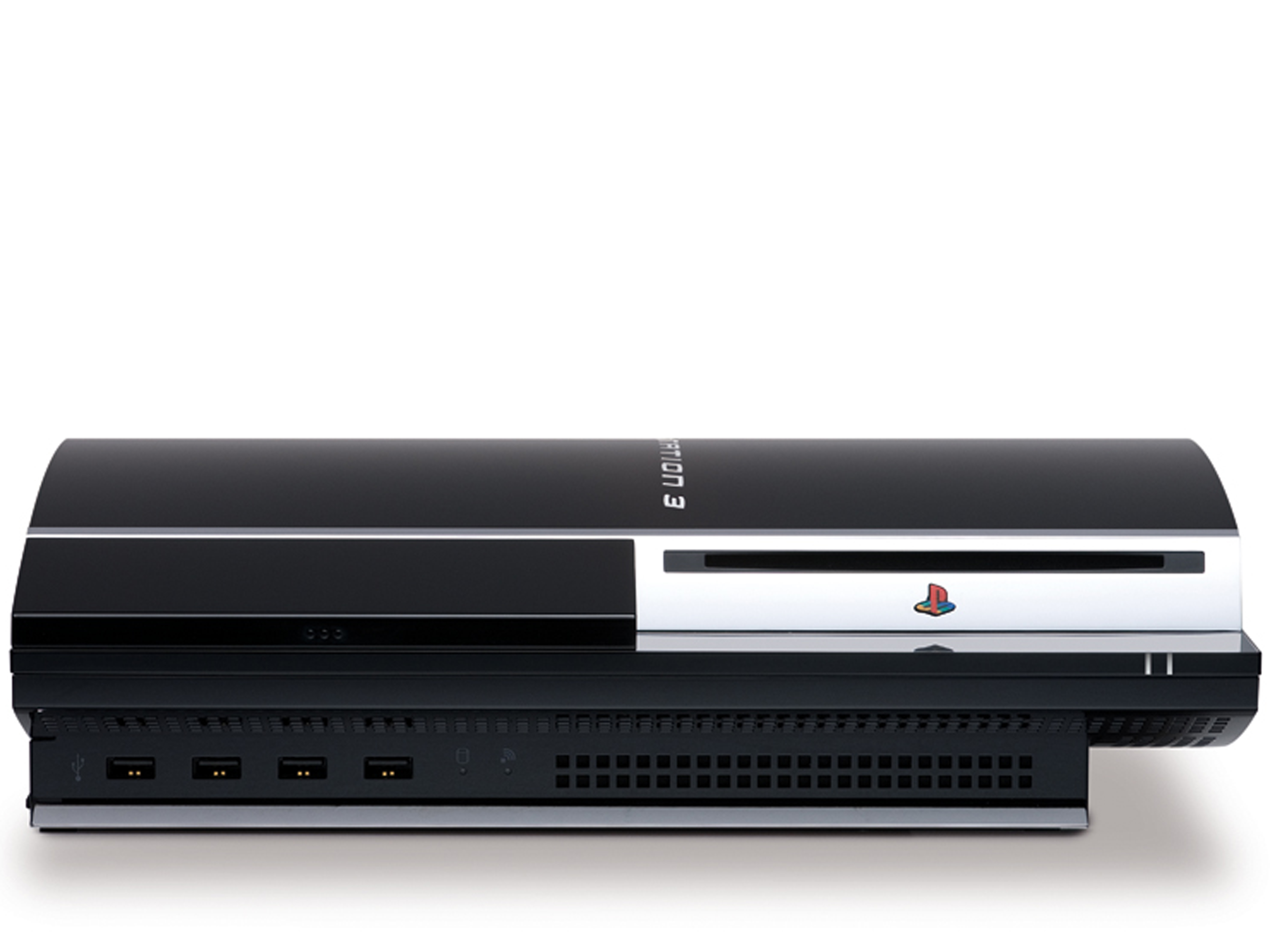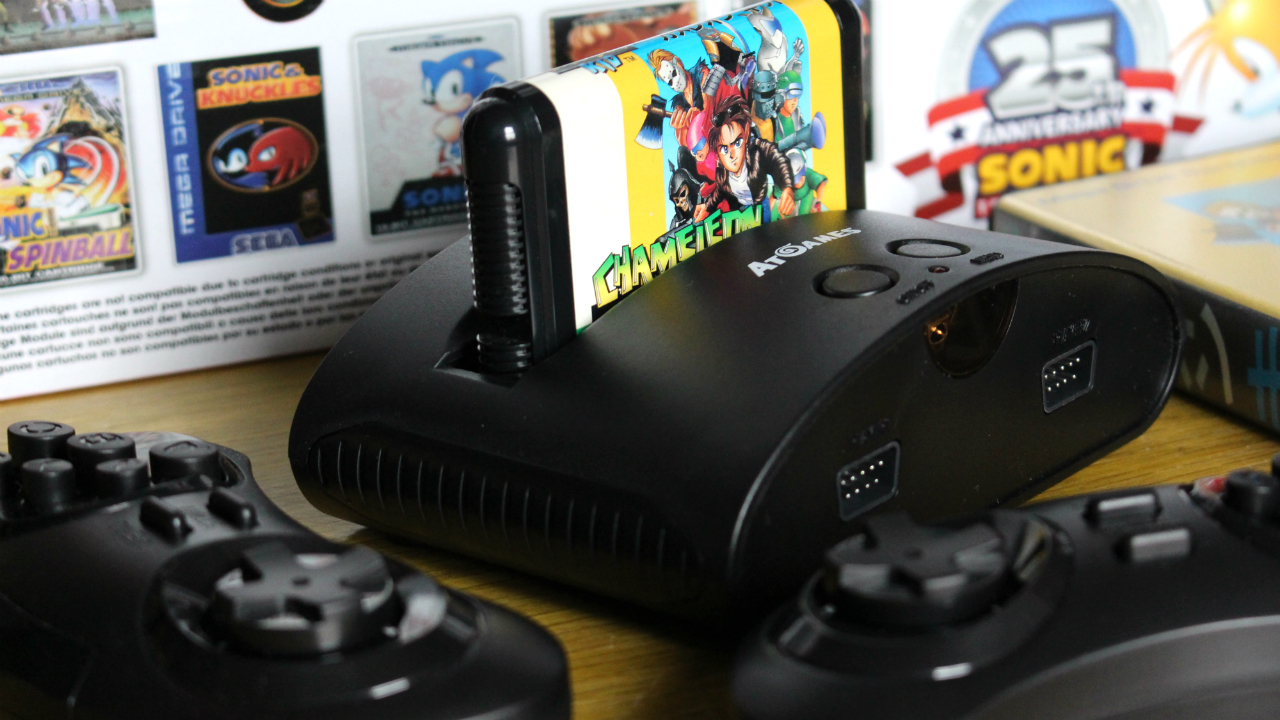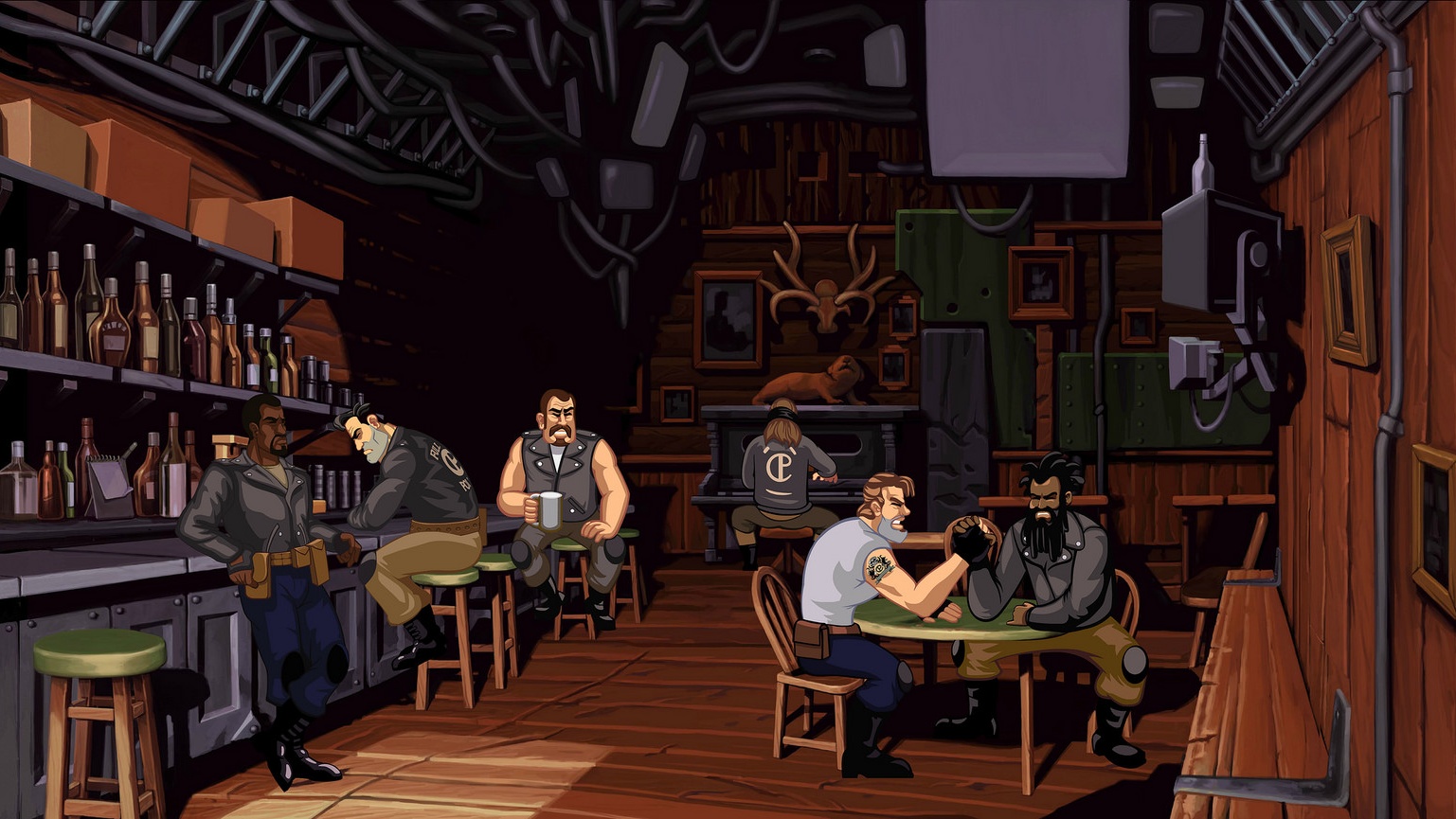Why your digital games collection isn't yours to own
It's the double edge of digital

Sign up for breaking news, reviews, opinion, top tech deals, and more.
You are now subscribed
Your newsletter sign-up was successful
Since internet-connected consoles like the PlayStation 3 and Xbox 360 appeared in our lives, the number of games we're purchasing digitally has dramatically increased.
Where before if we wanted to play something new we had to take a trip out to a local retailer, suddenly we had a bunch of console-specific online stores that allowed us to get exactly what we wanted without leaving our sofas. The appeal for consumers, in terms of ease of use and storage, is obvious.
However, the rise of digital titles has also proven to be massively beneficial for independent games developers. It's hard when you have limited funds and staff to create a game and get it into enough retailers and in front of enough gamers to make any kind of significant return. Most of the time this required relying on a big publisher, and big publishers haven't always been known to act in the best interests of their developers.
Indie boom
When digital publishing started to take off, though, suddenly it became much more affordable to release games and get them noticed. With the right social media skills and perhaps a successful Kickstarter campaign a game from an independent developer could be a massive success.
This is partly because the financial return on copies sold is much higher for a digital game than it is for a physical game and partly because there's a hunger out there for diverse gaming experiences.
Now the online stores for Nintendo, Xbox, PlayStation and PC are filling up with exciting titles from independent developers

Aside from increasing the number of indie titles available, buying digital has many advantages – your game isn’t going to break, you don’t need to worry about physical storage space for boxes and as the majority of these games are tied to online accounts (Nintendo not included) you can play your title on any console as long as you’re able to log into your account on the supported machine.
Sign up for breaking news, reviews, opinion, top tech deals, and more.
But there’s the rub. It’s only now that we’re beginning to see these older consoles reach the end of their life cycles. The Xbox 360 ended production last year and recently it was announced that PlayStation 3 production would soon end in Japan. Sony also recently stopped supporting PlayStation 3 on its PS Now service.
When you first purchase a console, it’s hard to imagine the end of its life, despite the fact that you’ve most likely just purchased it at the end of the life of another console you previously couldn’t imagine replacing.
With the above consoles coming to the end of their lives, however, we’re approaching an interesting problem – when the hardware is no longer supported and games are no longer being made for it, at what point are games removed from Sony and Microsoft’s online stores and what happens to the titles we’ve downloaded when the stores close or clear away their old libraries?
Say, for example, Sony removes the digital library of PS3 games from the PlayStation Store and closes the PS3 network but you still have a PS3 console. You will, of course, be able to go onto your console and play any disc-based games and any games you’ve digitally downloaded that are still on the console as long as it continues to work.
If, however, there were games that you’d downloaded, but then deleted from the system in order to make room on your hard drive with the understanding that you’d simply be able to re-download them from the network when you wanted to play them again you wouldn’t be able to – there’d be nowhere to re-download them from.
What are the terms?
This is a particularly pertinent question for PlayStation owners as, unlike Xbox One, the PlayStation 4 doesn’t support backwards compatibility so there’s really no reason to continue to keep PS3 games on the digital store once the console is no longer officially supported by Sony.
Even more relevant is the fact that very recently announced the closure of the Nintendo DSi store. When the store closes, users with DSi points will no longer be able to make purchases using this currency.
While the facility to re-download titles purchased from the DSi Shop will remain active, in its original announcement of the store closure, Nintendo said this would eventually come to an end as well, though no specific date has been given just yet. This shouldn’t be too much of a problem when it happens, however, as DSi purchases will be transferable to devices in the 3DS family so there’s still the option to carry titles over.
It would be reasonable to assume that this is the approach Microsoft would be capable of taking with Xbox 360 titles and the Xbox one.

Backwards-compatible is forward-looking
We’ve trawled through the terms of service for PlayStation, Xbox, and Nintendo purchases to find out just what the current official stance is on the matter.
Obviously these terms of service can change and Sony, Microsoft and Nintendo could make exceptions but at the moment their position seems fairly solid – games can be removed from their stores at any time and it’s not legally their problem if that means you can no longer access games you’ve digitally purchased.
PlayStation, for example says “We reserve the right to change or withdraw features, specifications, prices, services and content at any time, without notice to you.” And it adds that “[it does] not provide any refunds in the event of a price drop, a subsequent promotional offering of product removal.”
In fact, there are repeated references to the fact that the item you’ve purchased is not a guarantee of lifelong ownership: “Upon our confirmation of your transaction, you may access the item you ordered through your Account that you used to order the item, until such time as we remove the item [...] You are solely responsible if you do not choose to download or access the content before it is removed or your license expires, and for ongoing storage and safekeeping of the content. We are not obligated to provide you with replacement copies for any reason.”

When you use PlayStation Network and Store you’re very much signing up to a “take me as I am” agreement, with the warranty stating “We may change, add or remove functionalities or features in our PSN Services, and we may suspend or stop our services altogether” and that PlayStation accepts “no liability for any inability to purchase, access, download or use any content, data or service.”
This all seems rather harsh, but PlayStation does say that if it does decide to withdraw any aspect of its service it will “endeavor to give you reasonable notice”, in much the same way Nintendo has with its DSi store. PlayStation does, at least, say that if the entire PSN is permanently closed “you will be able to obtain a refund on request for your unused wallet funds and any unexpired period of your subscriptions.”
Like the DSi store, though, it’s not going to let you get a refund for any virtual currency or games.
Microsoft takes a similar stance in its terms of service, stating that “Except to the extent required by applicable law” it has “no obligation to provide a re-download or replacement of any material, Digital Goods (defined in section 14(k)), or applications previously purchased.”
When it comes to digital goods specifically, Microsoft says it “may stop distributing any Digital Good, or add to or reduce the capabilities for any Digital Good, at any time.”
It further warns that “you may lose access to or capabilities of Digital Goods, or have the nature of your access changed (e.g., lose family access, if any), if [...] (i) we cancel or terminate the applicable Service or cease supporting the applicable device.”

No guarantee
The idea of stores being closed or online support for a generation of titles being withdrawn is, of course, largely hypothetical at the moment but the terms of service for these stores do raise the question of whether digital downloading is really the most secure and future-proof way to purchase your games.
Sure, when you physically purchase games you run the risk of physically damaging or losing them but at least that’s entirely down to you along with the continued maintenance of your system. If you own a physical disc and keep in in good condition there’s really no reason why you shouldn’t be able to play it on a functional PS3 far into the future.
With digital titles, however, you leave yourself somewhat at the mercy of Sony, Microsoft and Nintendo. They’re not out to screw you over – and to be perfectly frank their terms and conditions of purchase are all very clear and upfront – they do potentially limit you.
When you purchase a digital game, you’re not purchasing the game – you’re essentially long-term renting a license to play it. James Bond had a license to kill that was very much dependent on his employment with MI6, your license to play your downloaded games is similarly dependent on the online store-owner and its third-party partners.
This is actually true of the games you physically purchase, too, but it’s much harder for license holders to swoop into your home and search through your physical game collection than it is for them to stop you accessing it from the online storefront via your internet-connected console.
When products become services
This state of affairs is an example of products becoming services and the definition of ownership changing, something we’ve discussed previously on a wider scale, because it's not limited to games and consoles.
Amazon has deleted Kindle books from its online Kindle store and actually gone as far to delete the books from user devices. Every day apps on iTunes and GooglePlay become unusable because they're no longer compatible with the latest update to the store and there's no longer a development team around to make a patch.
What's interesting in the case of games is that we’re seeing people increasingly turn to digital downloads for their convenience and a sense of future-proofing. The problem is, purchasing games in this way may future-proof you so much that you completely lose freedom to access the past.
As a fast-developing technology games are naturally going to continue to move forward but you only have to look at the popularity of the retro games market to know that there are still worthwhile titles to be found in previous generations and that continued access to them is appreciated.

If you own a retro system that still works (and there are many people who do) you know how easy it is to simply chuck in one of your old games and play it, even if it’s years old. It might not be so easy with downloaded games as there are a whole lot more variables than your own ability to take care of your possessions.
There’s the risk that you’re no longer able to access your online accounts for one thing, and there’s also the risk of the company that created the game going under and its games being removed from online stores.
Risk and reward
When we spoke to Greg Rice, VP of business at indie developer and publisher Double Fine, he told us that "the whole reason this new indie space exists is the digital platform."
He added that his company's recent remaster of the LucasArts title Full Throttle was a "great example" of what can happen when games no longer have systems that support them, even if the games are in physical copies.
It's been around 15 years, Rice told us, since Full Throttle was available. Although anyone who still had a copy of the game and an old system would have been able to play it, it was lost to the wider gaming public.
"These games and the technology move so quickly that if you're not continuing to keep them up they can easily just fall off the hardware and not work anymore," he added.
While the existence of physical copies allowed the title to hang around in an archaeological sense, it's digital stores that are allowing it to come back as a playable title.

It's because his team cares about Full Throttle and it's a special game to them that Rice said, "we're putting the effort in to re-release it and make sure it works on new hardware. But there are hundreds of games that are getting lost every day."
There are, thankfully people out there like Rice's team who are re-mastering titles and finding ways to archive them to make sure we have a record of them. "Over time these things degrade," Rice laments, "When everything's digital like this it just means we have to be thoughtful about how we're keeping it around."
Buying digital, therefore, is something of a double-edged sword. Thanks to digital stores we've enjoyed access to more games, and a greater variety of games, than we could have ever imagined 10 years ago – and digital downloads are even allowing us to access some games we thought we'd never play again.
It is, however, worth exercising caution and remembering that when you digitally buy a game, you’re not really buying it in the way you were once used to buying games. If there are any games you just know you could never stomach losing, it might be worth buying a physical copy while you still can because you can't be certain there's going to be a development team in the future that will remaster it for you.
Rather than trying to resist digital purchasing, a more sensible approach is arguably to embrace the technology for its convenience and find ways – such as effective archiving – to offset the risks of going purely digital.

Emma Boyle is TechRadar’s ex-Gaming Editor, and is now a content developer and freelance journalist. She has written for magazines and websites including T3, Stuff and The Independent. Emma currently works as a Content Developer in Edinburgh.